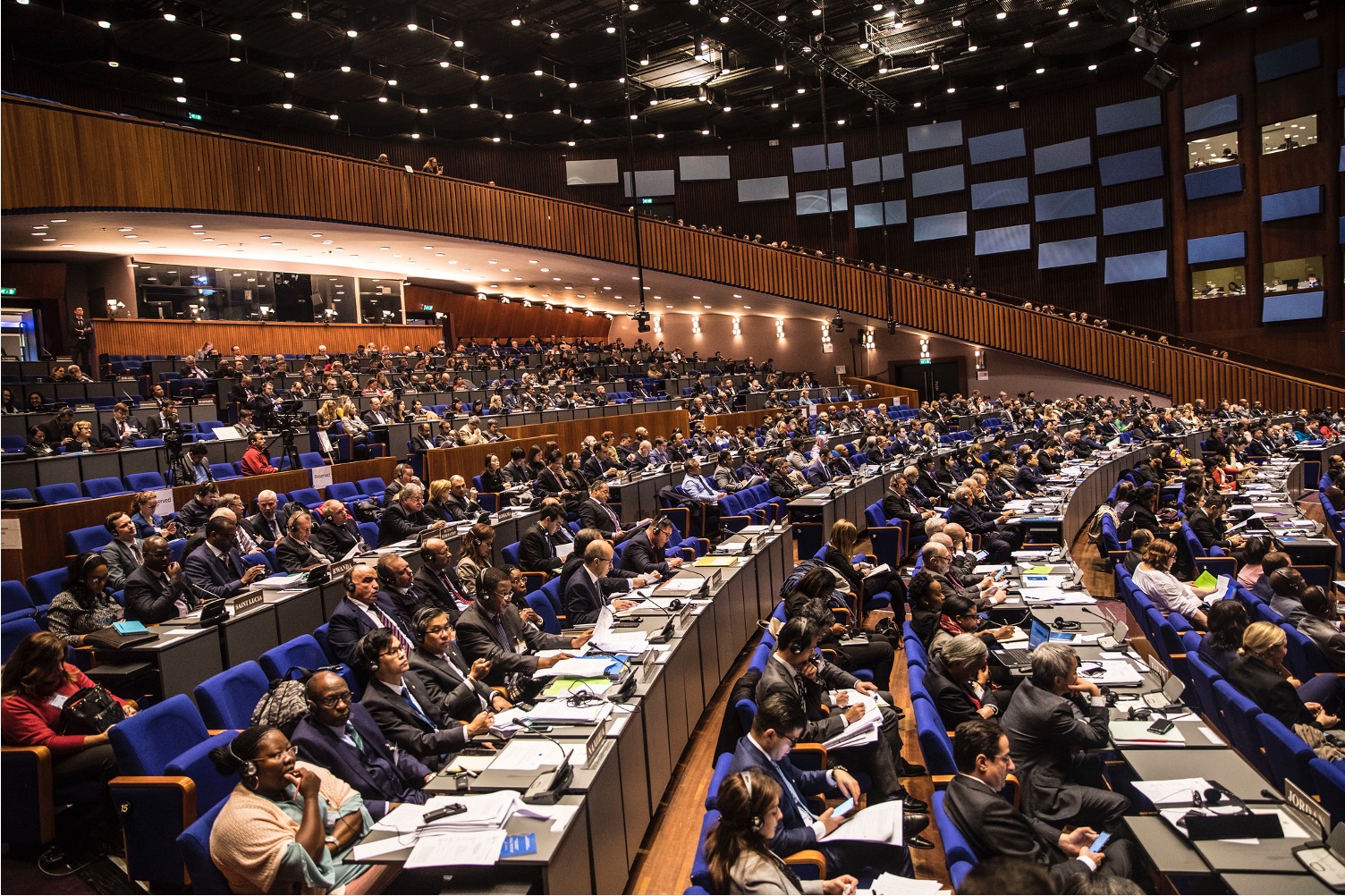
The climate change debate: fossil fuel lobbyist and climate change sceptics at the United Nations Conferences of Parties
This research paper looks at three different United Nations Conferences of Parties (UN COP). The UN COP is responsible for the monitoring and implementation of the UN Framework Convention on Climate Change (Fourment, n.d.). This Framework was signed by 197 countries during the Earth Summit in Rio de Janeiro in 1992. The goal was to reduce greenhouse gas emissions to prevent further climate change damage (United Nations, 1992). There are hundreds of delegations joining the conferences with each their own agendas. Additionally, to the 192 member states there are non-governmental organizations, climate activists and lobbyists involved. COP21 in Paris, 2015 is seen as one of the milestones in the climate change debate at which the first legally binding international climate agreement was signed, known as the Paris Agreement (Fourment, n.d.). The goal of the Paris Agreement was to limit the global temperature rise below 2 degrees Celsius (United Nations, n.d.-b). In contrast to COP21, the most recent UN COPs have been heavily criticized. Research platforms Global Witness, Corporate Europe Observatory and Glasgow Calls Out Polluters discovered that the number of lobbyists from the fossil fuel industry together would form a bigger delegation than any national delegation present. Critics accuse fossil fuel lobbyists of slowing the process of battling climate change. The fossil fuel lobby has been often related to climate change sceptics and climate change sceptic think tanks. Among journalists it is debated if climate change sceptics should enjoy media attention. This debate goes from the thought that the media has influence on the public opinion and therefore the political agenda, also known as the agenda setting theory. The relation between fossil fuel delegates and climate change denialists in the climate change debate at UN COPs is therefore important to remember for journalists who want to cover on climate change.
The question is, however, is if the coverage on climate change sceptics increases when de delegation of the fossil fuel industry is higher and what this does to the public opinion on climate change. According to the UNHCR (2023) around 22.5 million people have been displaced by climate or weather-related events since 2008. To figure out if the presence of fossil fuel lobbyist at UN COP climate talks have influence on the climate debate, I will conduct a quantitative content analysis and look at the surveys of the European commission and the European Investment Bank on Europeans citizens opinion on climate change. These results will be analyzed in the agenda-setting theory. Link to the research paper:
[aesop_document type=”pdf” src=”https://svjmedia.nl/nancaoblokhuis/wp-content/uploads/sites/217/2023/06/The-Climate-Change-Debate.pdf” title=”The climate change debate: fossil fuel lobbyist and climate change sceptics at the United Nations Conferences of Parties” download=”on”]